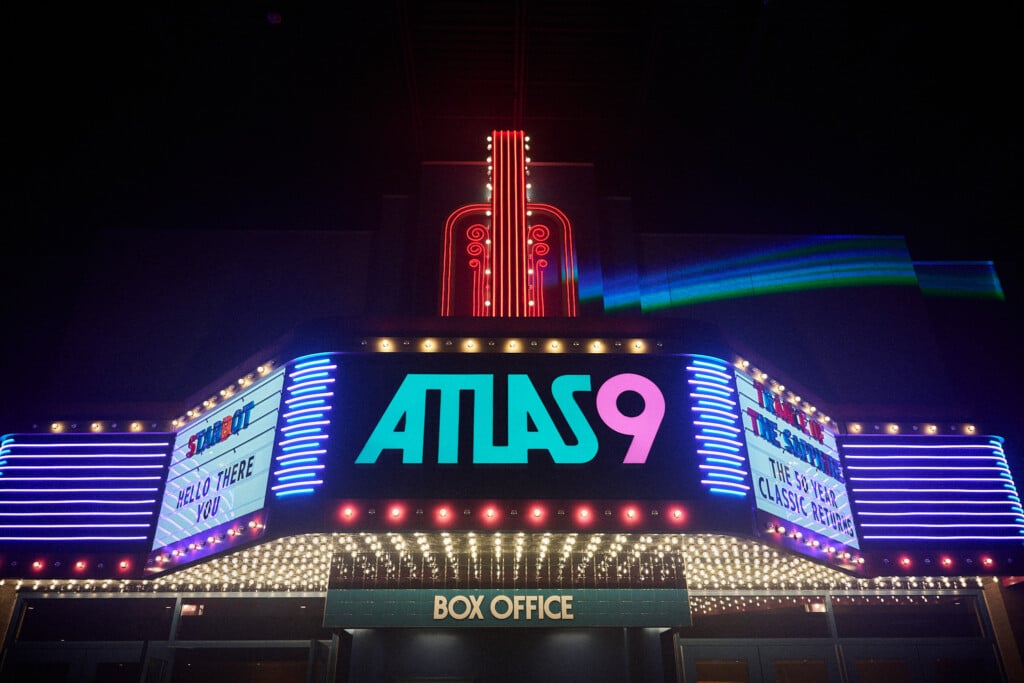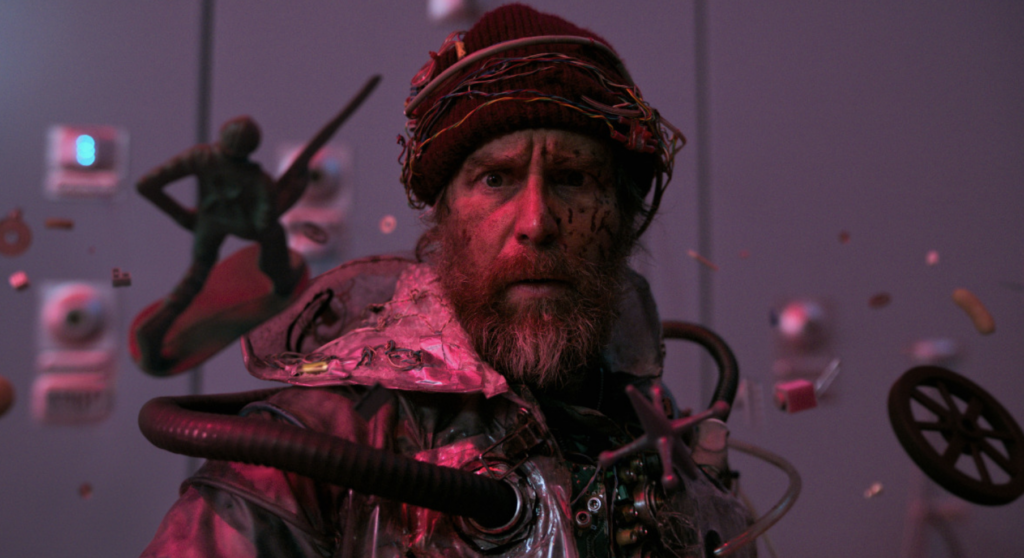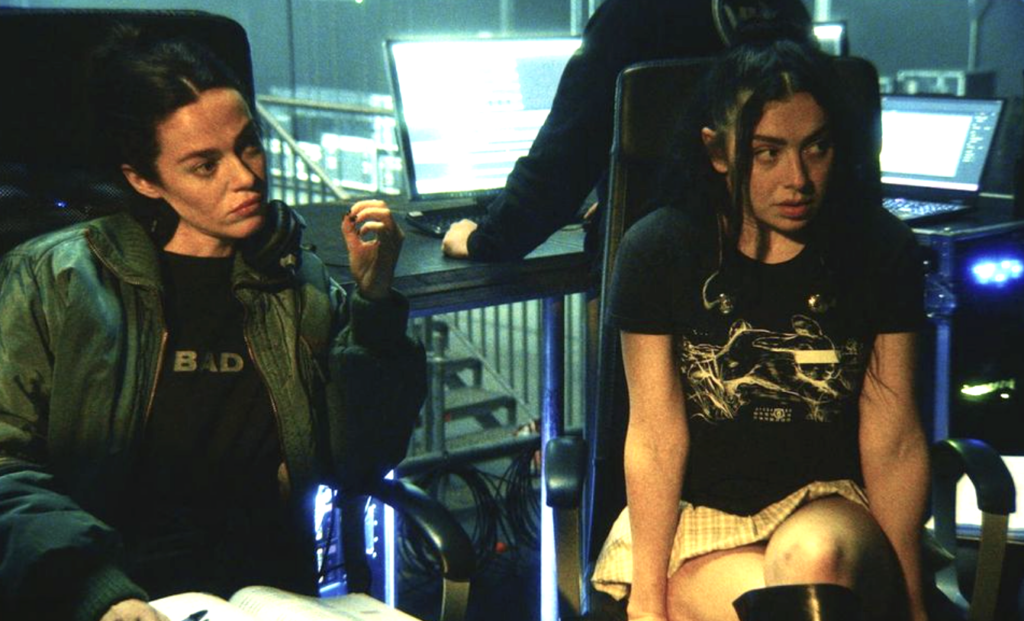Funko factory juggernaut Rick and Morty faces a ‘Ship of Theseus’ problem in season 8
Since 2013, the biggest animation juggernaut since The Simpsons has bulldozed its way into the upper echelons of pop culture. But also the lower echelons and the middle echelons. Really, it’s got its echelon game on lock. Murals of Rick and Morty’s main protagonists decorate murals in a few spots across the metro, and even single one-off episodes like “Pickle Rick” are familiar concepts to even the most strident non-fan. Either by nature of its timing or by a Venn diagram of personality types, it’s also the plutonic ideal of Funko Pop fame. For people in a specific age range, there’s a high chance that if you’ve acquired one of the vinyl figures, it stems from this show—whether you purchased it yourself, had one gifted to you, had one re-gifted to you, or (in my case) had one delivered to you by Amazon on accident and then they didn’t/wouldn’t take it back.
It’s all to say that Rick and Morty, an adult animated program from Adult Swim about a foul-mouthed scientist and his grandson, somehow found the cultural ubiquity and recognition that 99% of television programming could only dream of. What comes with that recognition is also a lot of baggage. For viewers, the show is almost certainly the only animated television series whose politics, personalities, and actors are on their radar—especially the co-creator and main voice actor Justin Roiland. This isn’t the first season without Roiland’s involvement. His replacements have done an admirable job and the last season wasn’t a noticeable drop in quality. Inconsistent, yes, but that’s always been part of the charm of the show.
Or… is it? I am, at this point, genuinely asking because I can’t answer it myself.
After becoming the first show in history to get picked up for 100 episodes in one lump contract, the combination of unlimited money and no pressure from viewership numbers to maintain adherence to any standard metrics, it makes sense that an episodic production would give itself plenty of freedom to go places that a tighter leash would never allow. Whether that means following a narrative thread for way longer than expected or allowing itself to dabble in whatever side-ideas/shiny objects it encountered, the results would at least be interesting if not groundbreaking, following in the long line of Adult Swim’s legacy of ‘things that shouldn’t work but do.’ But instead, Rick and Morty finds itself adopting a strangely cookie-cutter approach in seasons 7 and 8 that seem at odds with its own concept of its identity.
By the end of the first season, Rick and Morty were already pulling Dan Harmon trademark wallbreaks to complain about the episodic nature of television, the predictability of how their world should operate, the rules of their characters, and dancing around their inevitable cancellation. By the time the next season came around, the characters were highlighting when an episode would be a “classic adventure”—responding to online feedback from folks who found the less structured fragments to be underwhelming. Within three years, we’d already hit the benchmarks where the show worried its own fans were Nazis online and even focused episodes around Harmon’s “Story Circle” format for TV writing. For a show that, even jokingly, hates itself and its own ‘product’ nature, there could be few worse Hells than a decade-long assignment for new seasons. When you’ve already burned through your ideas—and your frustration with your lack of ideas/motivation—what does that leave?
Season 8 shows us. Having seen the first half of the season that begins airing this Sunday, it shouldn’t come as a shock that the show has settled into a format that will serve as the mold for years to come. The episodes are weird, the narrative connective tissue is nearly invisible, and there’s no way to guess what will happen next. That’s… neat, and a basket of “classic adventures” for sure, but the nonsense stream used to get broken up by stories that went in the opposite direction. Each of the forthcoming episodes feels, tonally and rhythmically, identical. Having watched them in the last week, I had to return to notes to make sure I wasn’t already conflating characters and sidestories into one gelatinous episode.
There’s class war on space vacations, there’s Easter as a pathogenic spread, there are piles of Morty clones getting into sad hijinks, and of course hilarious trauma as grandpa fucks with someone’s memories or concept of reality. There are the ones where our leads are friends, there are the ones where they hate each other, there’s an episode for Jerry, and Summer once again finds—then loses—herself. It’s hitting all the same marks that you can thread from seven previous outings. But we’ve killed off, cloned, tortured, and rebooted everyone involved to the point where this no longer builds on anything. And I’m worried that’s the way this show maintains itself into infinity—just giving up on reaching for deeper dives or emotions on higher shelves.
Roiland isn’t the only departure from the show’s creative team, and reports of how involved he’d even become differ wildly, but the program does now feel fully to have reached a Ship of Theseus problem: how many pieces of Rick and Morty can you replace and still call it Rick and Morty?
As someone still invested in the show, even through rough patches both fictional and IRL, these new episodes settle into a space that season 7 started building. The space is “fine” quality. The highs aren’t nearly as high, the lows aren’t nearly the lows. That’s not as interesting to me, even if the joke ‘hit to miss’ ratio remains intact. When so much of the joy stemmed from watching the show trying to go down in flames on its own terms, to see it blessed/cursed with eternal life saps all the danger out, and then here you are making an Easter special. I guess that’s fine.






